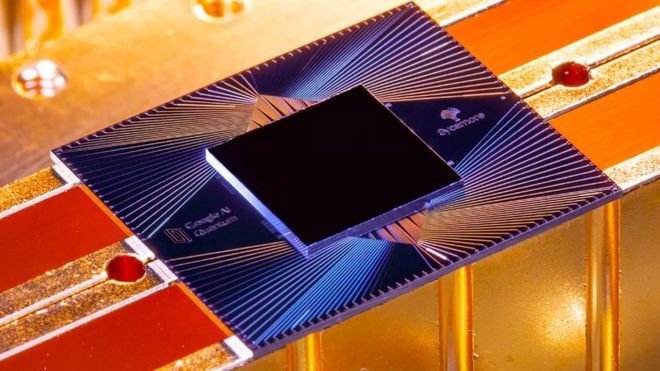A team of researchers led by Microsoft has retracted a disputed claim about quantum computing that was published last year in the journal Nature. The claim, which suggested that a scalable quantum computer could be built using relatively simple components, sparked a debate in the quantum community and prompted several rebuttals from other experts. The retraction, which was also published in Nature, acknowledges that the claim was based on incorrect assumptions and provides a revised analysis that concludes that the proposed approach is unlikely to work as intended.
The original claim, which was made in a paper titled “Probing many-body dynamics on a 51-atom quantum simulator” and published in March 2020, described an experiment in which a team of researchers from Microsoft, the University of California, Berkeley, and the University of Michigan used a programmable array of laser beams to simulate the behavior of 51 interacting quantum particles. The researchers claimed that the simulation demonstrated the feasibility of building a scalable quantum computer using a similar architecture, which they called a “topological quantum computer”. The claim was based on the assumption that the simulated system exhibited a phenomenon called “quantum many-body chaos”, which would enable the system to perform complex computations efficiently.
However, several experts in quantum computing challenged the claim, arguing that the simulation was not sufficiently complex or realistic to demonstrate the scalability of the proposed approach. In particular, they pointed out that the simulation did not include the effects of noise, decoherence, or errors, which are inherent in any real quantum system and can cause computational errors to accumulate rapidly. They also questioned whether the simulated system exhibited true quantum many-body chaos, which is a highly debated concept that is difficult to define and measure.
In response to these criticisms, the Microsoft-led team conducted additional simulations and experiments, which led them to revise their original analysis. The revised analysis, which is presented in the retraction notice, concludes that the proposed approach is unlikely to be scalable or fault-tolerant, and that more sophisticated techniques will be needed to achieve those goals. The retraction notice also acknowledges that the original paper “did not meet the scientific standards expected of a Nature Research article” and apologizes for any confusion or misinformation it may have caused.
The retraction of the disputed claim is a reminder of the challenges and controversies that still surround quantum computing, despite the recent progress and hype in the field. While quantum computers have shown promise in solving certain problems faster than classical computers, they are still far from being practical or widely available. Building a scalable and fault-tolerant quantum computer remains a daunting task that requires overcoming many technical and theoretical obstacles, such as developing better qubits, error correction codes, and algorithms, as well as understanding the fundamental properties and limitations of quantum systems.
Conclusion
In conclusion, the retraction of the Microsoft-led team’s disputed claim about quantum computing highlights the importance of rigorous and transparent scientific methods in advancing the field. While it is natural for researchers to pursue bold and ambitious ideas, it is also crucial for them to subject their claims to scrutiny and testing by their peers, and to acknowledge and correct any errors or misconceptions that may arise. Quantum computing is a fascinating and promising area of research that holds many challenges and opportunities for innovation, but it also requires humility, patience, and collaboration to make progress.






